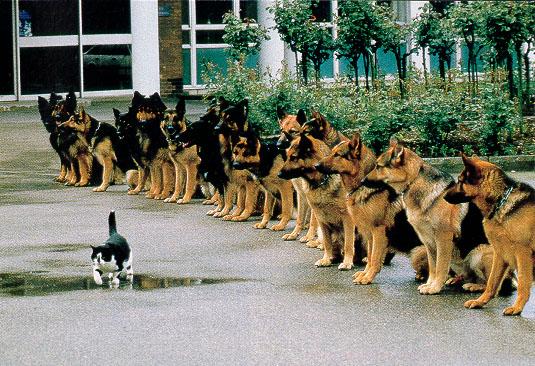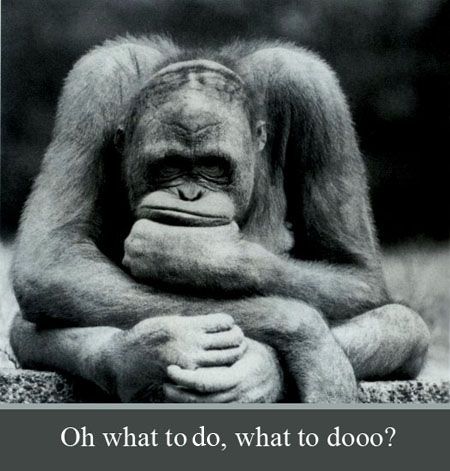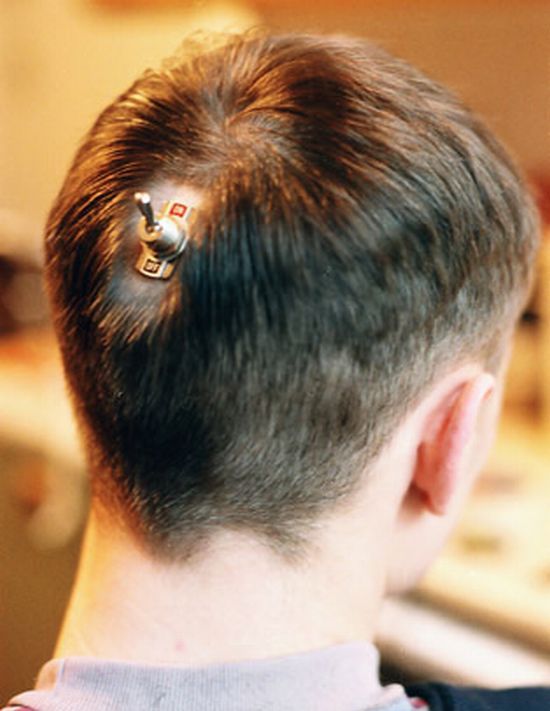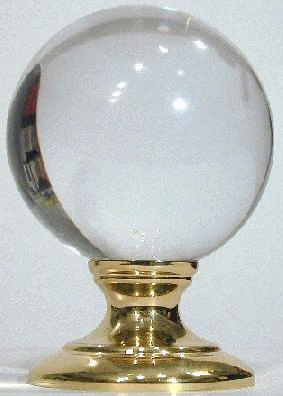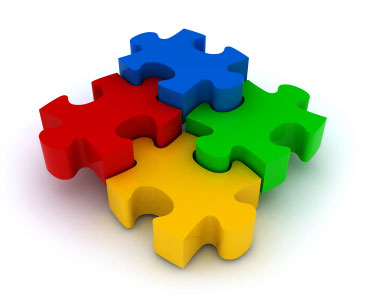Providing tips, tricks and insights into how to be more creative, innovative, resourceful and personally effective.
Innovation Case Study: Sliced Bread
“The greatest thing since sliced bread,” implies a kind of automatic acceptance that wasn't true then and isn't now. As someone who embraces innovation, it pains me to say it but apparently some things don’t change, at least not very much. Winning acceptance of any new idea is far from automatic.
Innovation Essentials: Testing Our Intuitions
Great innovations are often based on powerful intuitions, but we all know examples of someone thinking they have a great intuition and being misguided. So where does intuition fit into innovation and how do we know when we can rely on it?
The Innovation Killer: “I’ve got mine!”
There’s always a risk, when floating any innovative idea, that it will crash against the rocky shores of personal fiefdoms, entrenched power bases and cronyism, both public and private. The often intense resistance to anything that might require real change often comes down to the same silent refrain: I’ve got mine. Don’t mess with it. It’s a stance that can stop innovation dead in its tracks. There may be no better example of how not to innovate than the current state of American politics.
Innovation Essentials: Are You an Assimilator or an Accommodator?
Innovation is different from other business competencies because it’s not about extending our expertise; it’s about repeatedly revising our expertise, at times rethinking our most fundamental assumptions and beliefs about our business. We need to recognize that when we encounter new information and observations, we must constantly check to be sure that when we see a cat we don’t assume that it’s just another doggie.
Pitching an Innovative Idea
One of the principal challenges any innovator faces is persuading others of the value of an idea. It is a frequent source of frustration and angst, and an absolutely essential innovation skill.
The Trouble With Facts
“There are no facts about the future.” I don’t know who first said that, but I keep coming across it lately and I agree. It’s not possible to draw factual conclusions about things that haven’t happened yet (although that doesn’t stop us from trying)...which raises an interesting question: How useful are facts in evaluating innovative ideas?
Always On Innovation
If we want sustained robust innovation in our companies and economies, at the very least we need to stop treating our creativity like something with an on/off switch. We need to recognize creativity as the sustained cognitive function it is and the sustained business function it needs to become…always on.
Innovation is About Making Predictions
When it comes to innovation, making good predictions isn’t about trying to discern where the world is headed as much as where we might take the world. It’s an imaginative process (often just as imaginative as coming up with ideas in the first place). Innovation is not about predicting the future we’re expecting but rather achieving the future we want to create.
America’s Greatest Innovators
On this Independence Day here in the U.S. there is perhaps no more appropriate time to be writing about innovation. Our founding fathers (and less-credited founding mothers) were unquestionably among the greatest innovators of all time.
Two Ways to Think About Innovation
People in the wrong frame of mind can undermine even the most thoughtfully designed innovation processes. Folks in the right frame of mind can overcome many imperfections in those processes. Systems and processes are important in business, but they’re no substitute for enhancing the way people think.
Innovative Thinking and Defensive Driving
The way we drive (or should drive) is a good analogy for innovative thinking. Like a alert driver, great innovators are those who can see problems coming, who have a heightened sense of awareness and possibility. This is not just an on demand capability, but a sustained frame of mind. They’re proactively looking for potential improvements they can make and problems they can avoid.
The Best Figure-Outers Win
Whenever we must extend beyond what we already know, it’s fundamentally the same cognitive exercise, whether we’re trying to cure disease, invent a new kind of financial instrument, win a promotion, launch a coup, or win someone’s hand in marriage. It all comes down to the ability to figure out; it’s the ultimate transferable skill.



